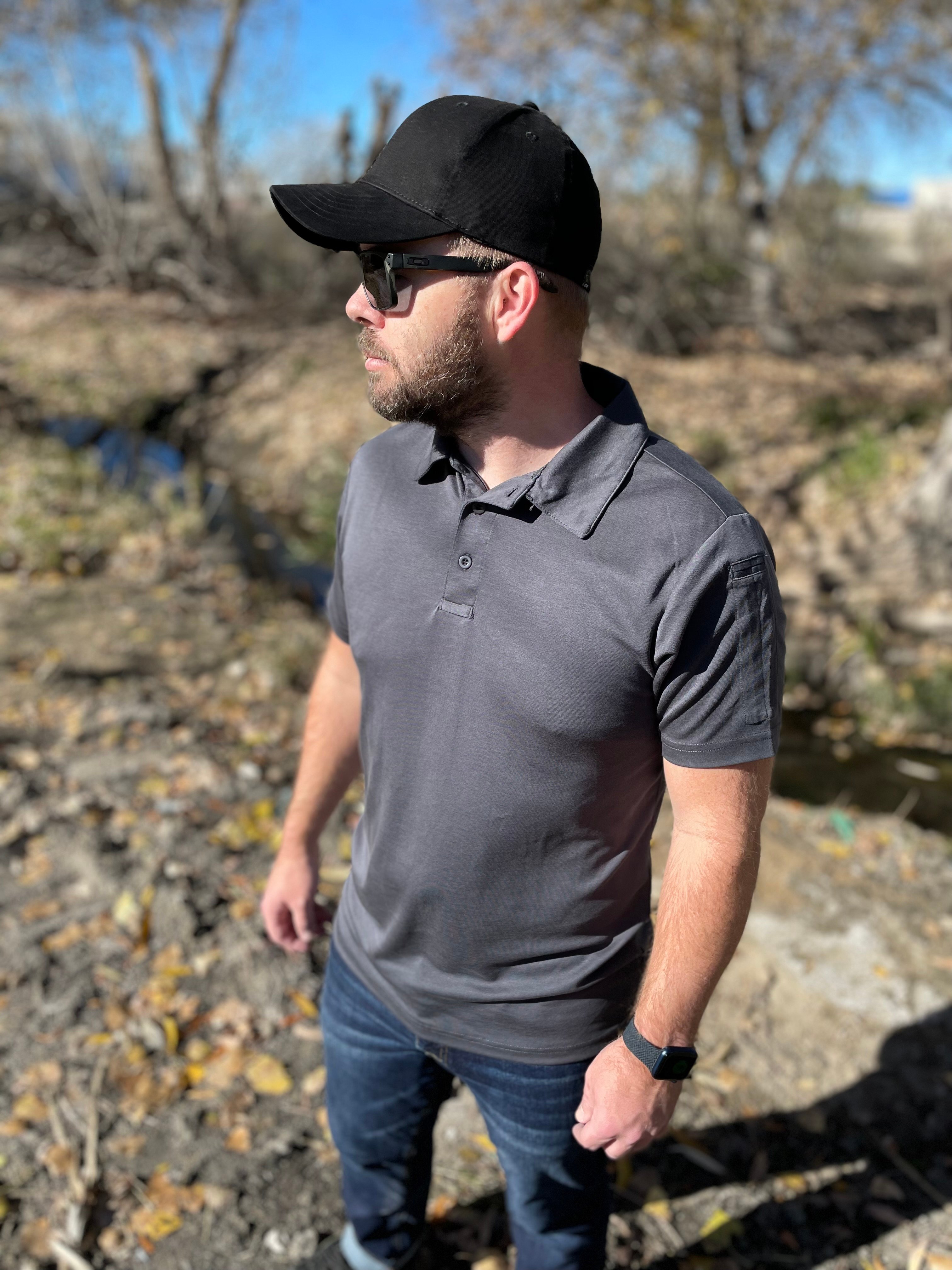
4 Differences Between Private Security and Public Policing
Private security and public agencies may have the same basic goals, but they differ significantly. Their primary duties are to protect and enhance security, so they both have the same objectives, but jurisdiction and tasks are different.
While there are similarities, the experience working for public safety and protection at a police department is completely different from someone working for a private security company, entity, or person. Here are some of the main differences between private security vs. police.
1. PRIVATE SECURITY VS. POLICE: WHOM THEY PROTECT
The person who puts on a professional security guard uniform has a more specific mission than the police officer who puts on a local, state, or federal police badge.
In general, police officers work for the agencies that handle law enforcement duties for the town, city, or county that the police department is in. They have specific jurisdiction that can be a whole state, city, or county, depending on the agency. Their primary concern is the safety and welfare of the public.
Private security and police departments have very limited jurisdictions that restrict them to the private property they protect, such as an apartment complex or hospital facility. Private security for individuals protects their clients wherever they go and the properties they own.
Essentially, public law enforcement officers serve the communities they work for and have jurisdiction everywhere in that city, county or state. However, they are limited by the constitution with what they can do, unless they respond to a call involving criminal activity.
Private police officers and security guards have a little more freedom on the property of the businesses or people who hire them for private security services. The property owner authorizes them to provide security.
2. PRIVATE SECURITY VS. POLICE: ARREST POWERS
Private entities cannot prevent local law enforcement from making a lawful arrest on their property. The key is “lawful.” This term includes officers making an arrest in “ good faith.” For example, the police may encounter someone whom their dispatch confirms has an outstanding warrant. But if it turns out that there was no current warrant on the individual, they are considered to be acting in good faith.
However, when comparing private security vs. police, there are fewer private security agencies that have arrest powers like public police departments. It depends on the private entity’s training and the jurisdiction where they’re located.
If they detain someone for a crime, they must usually call local law enforcement to handle the arrest or investigate most crimes. The same is true for businesses that hire security personnel as well, unless they hire off-duty police officers sworn in by the local law enforcement agency that has jurisdiction there.
But there are few misdemeanor crimes that local police officers can arrest on private property. These crimes may vary from state to state but can include violations such as DUIs, trespassing, and domestic violence.
3. PRIVATE SECURITY VS. POLICE: TRAINING
Because of the various civil and criminal laws that govern public law enforcement entities, they must follow strict training, certification, and other requirements. Government establishments, politics, and laws control these. Training for public police officers is an extensive process.
But although there are differences between private security and public safety training, there are also similarities. Just because different rules govern private security doesn’t mean they don’t need specific training, too. Depending on your position or job in private security, training can be more in-depth — especially if you’re a bodyguard for a celebrity or CEO.
When it comes to choosing between private security vs. police, some people prefer private security because there are fewer restraints. However, they are wary of offering armed services because of the responsibility required.
4. PRIVATE SECURITY VS. POLICE: JOB SECURITY
Depending on the type of public law enforcement agency an officer works for, they can have more job security, as compared to private security officers who have jobs based on performance and contracts. However, a law enforcement officer works under more political pressure where some departments and agencies can fire them for any reason.
Also, some law enforcement agencies are starting to base raises off performance. These factors vary because all agencies work for cities, towns, and counties, all with elected officials that change regularly.
Both career paths can be very rewarding and have opportunities for advancement. Local law enforcement officers have more opportunities for advancement and specialization within a single department. But private security employees can change industries and specialize through different positions at companies or become supervisors, a similarity to public safety officers.
These are the significant differences between private security vs. public policing. You may prefer to work specifically for a private business or individual because it suits you better. Or, you may prefer working as a sworn officer for a law enforcement agency because you can protect the community where you live. Either way, these are both excellent career choices.





